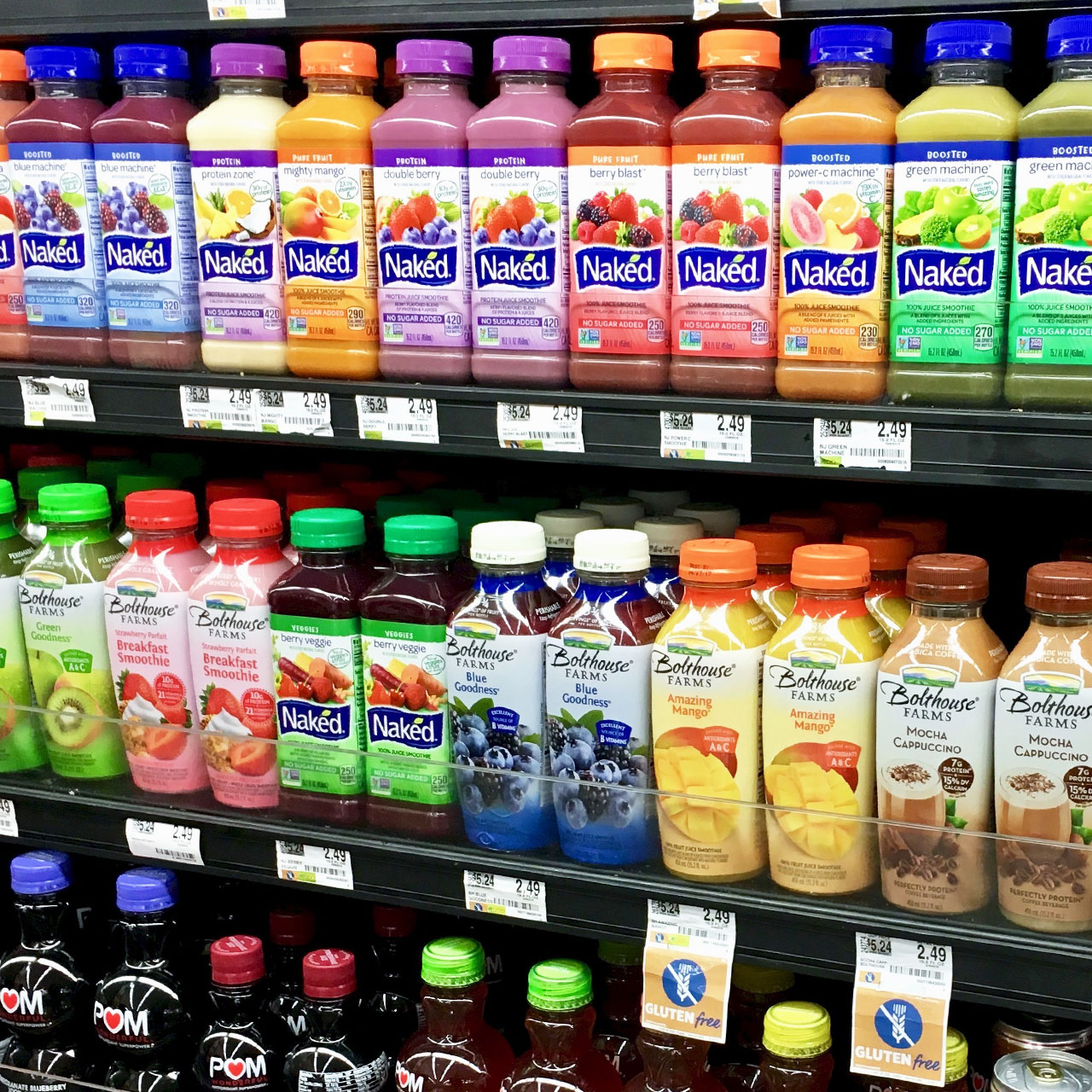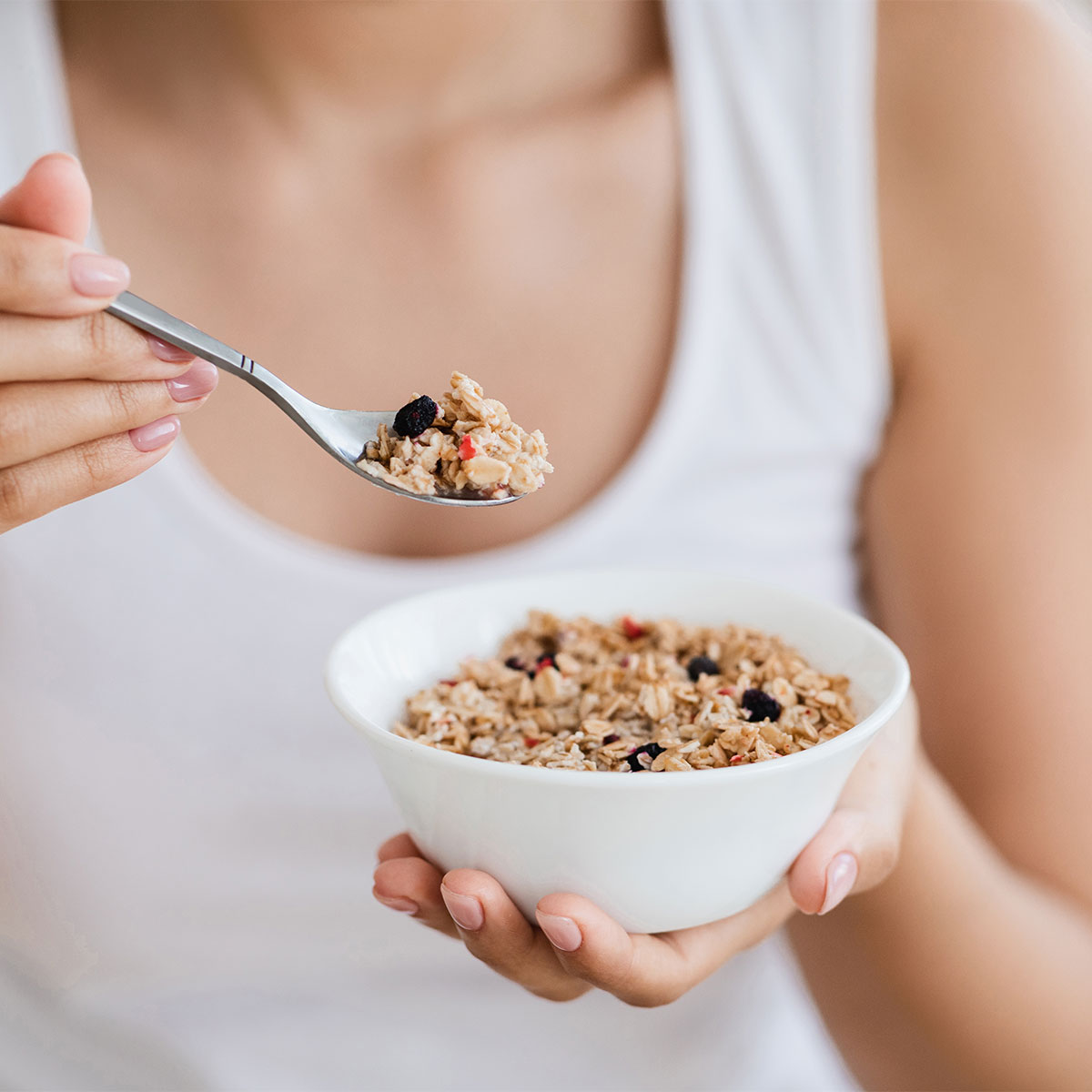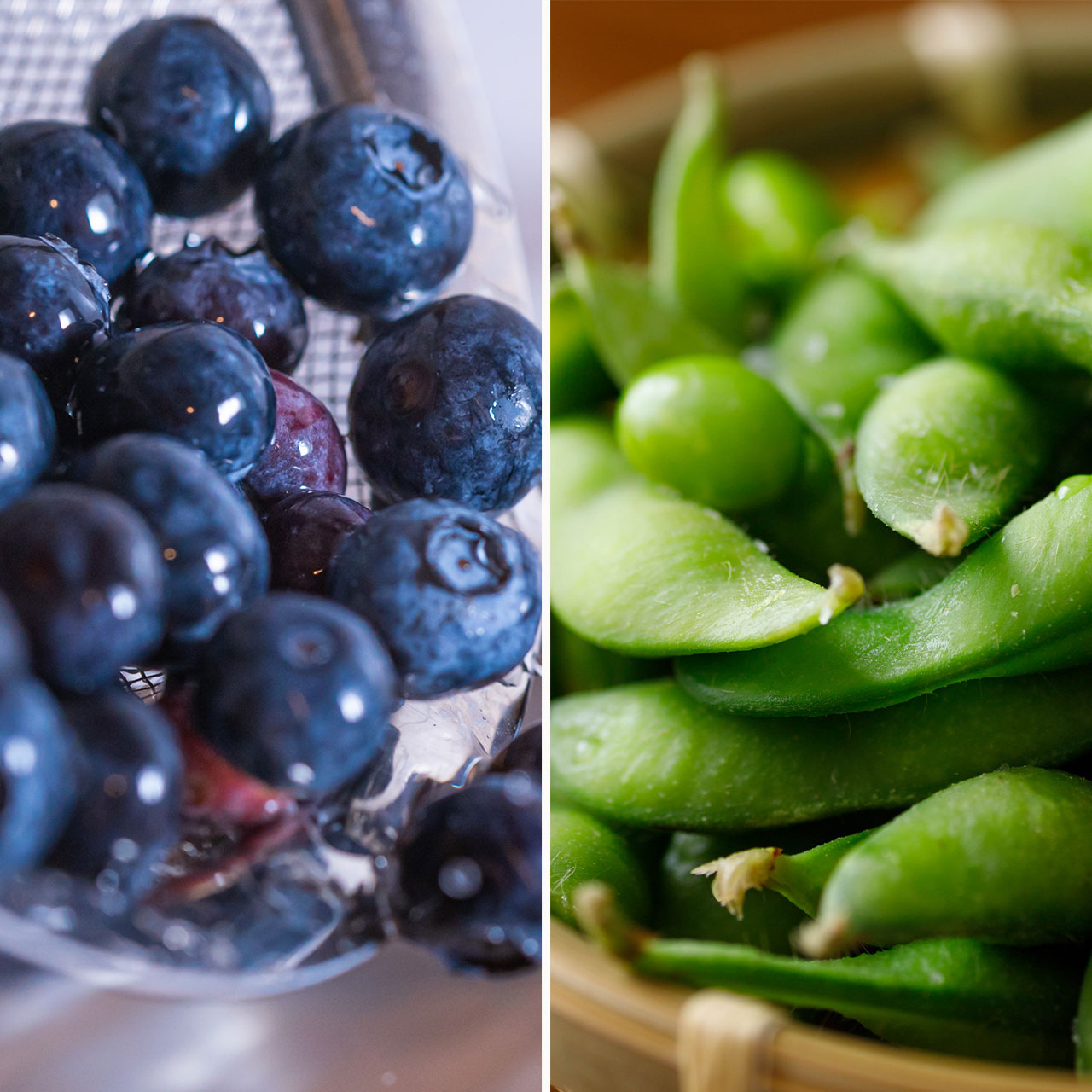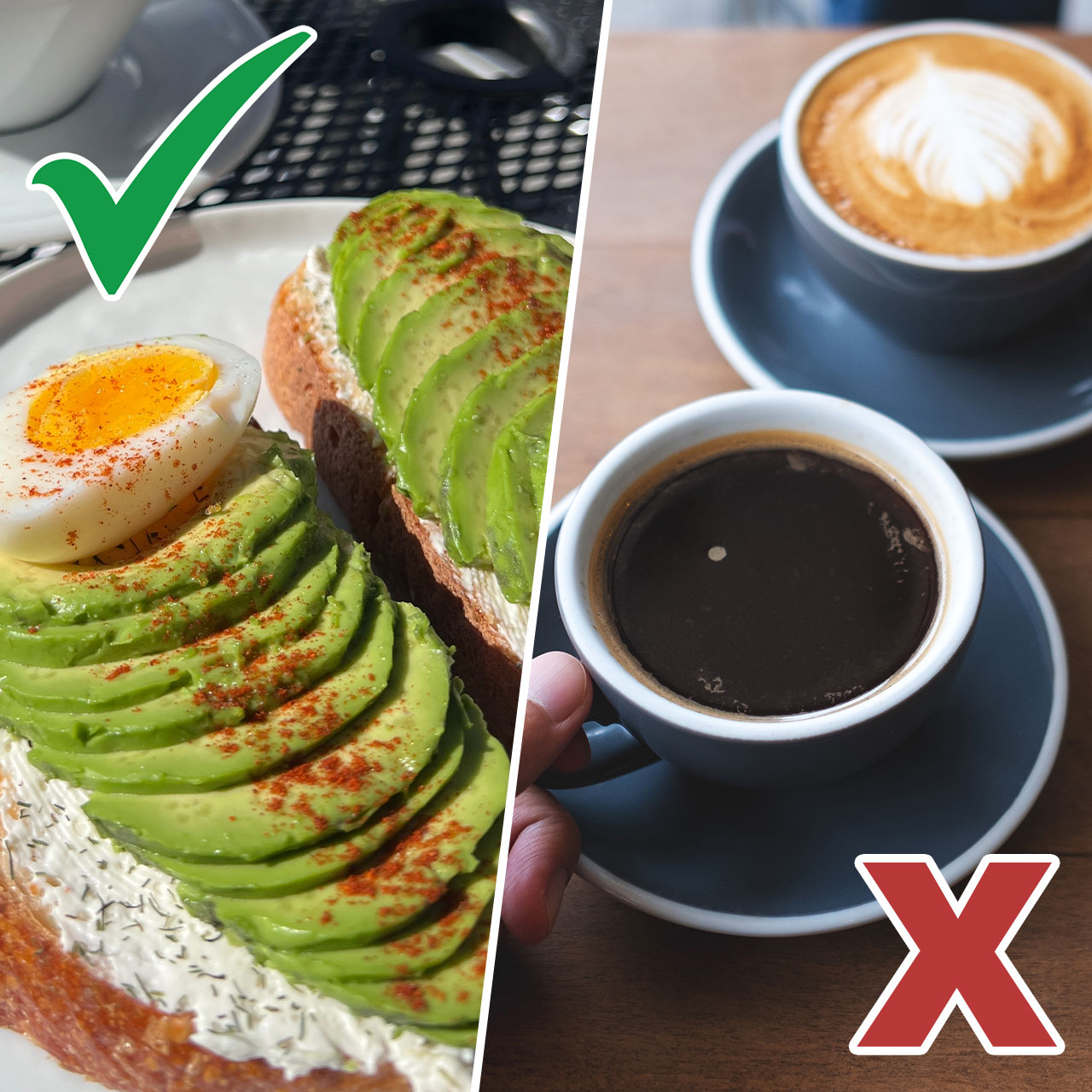Abdominal fat, often referred to as belly fat, is a topic of concern for many individuals striving for a healthier lifestyle. One popular breakfast choice, oatmeal, is often associated with health and weight management. However, it’s essential to understand that the ingredients you choose for your oatmeal can significantly impact your efforts to combat abdominal fat.
We spoke with Lisa Richards, nutritionist at The Candida Diet, to learn about the one seemingly ‘healthy’ ingredient which people commonly add to their oatmeal that can actually contribute to belly fat. Richards revealed that, surprisingly, including plant-based milk into your oatmeal instead of adding water can “unintentionally increase the calorie content of your meal,” leading to abdominal fat.

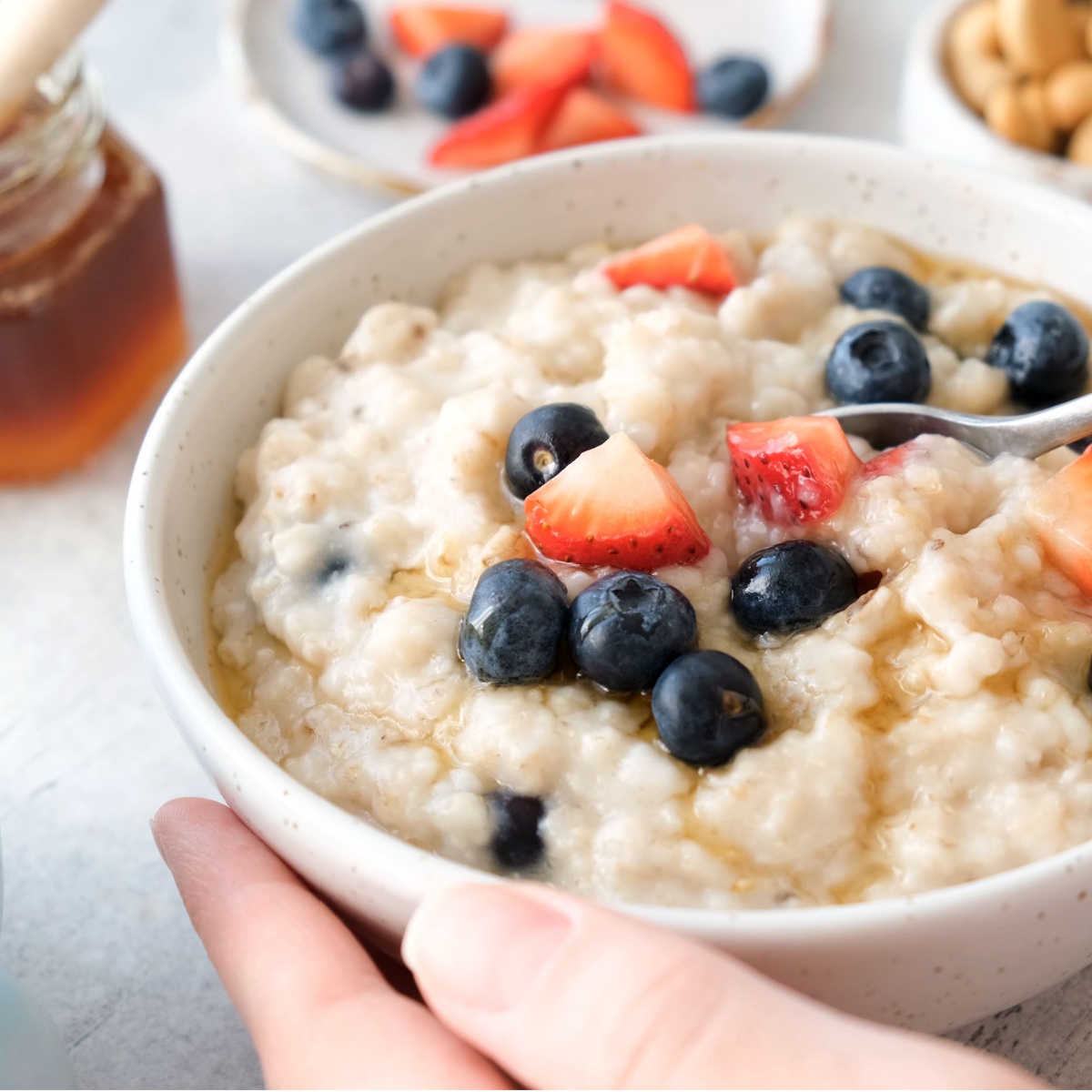
Plant-Based Milk In Oatmeal
Plant-based milk alternatives have become increasingly popular due to their lactose-free and vegan-friendly properties. Varieties such as almond, soy, coconut, and oat milk provide versatile options for those looking to substitute traditional dairy. However, it's important to be aware that some plant-based milks, particularly sweetened or flavored versions, can add unwanted sugars and calories to your oatmeal, potentially leading to an increased risk of belly fat.
"Plant-based milks like almond, soy, or oat milk typically contain added sugars and fats, which contribute extra calories. Even unsweetened varieties may contain natural sugars, such as those in almonds or oats, which still add to the calorie count. For example, a cup of unsweetened almond milk contains around 13-17 calories, while a cup of unsweetened oat milk has about 120 calories. In contrast, water has no calories," Richards reveals.
It's always a smart idea to read labels on these products because by making informed choices when selecting plant-based milk for your morning oatmeal, you can help maintain a healthy diet and prevent the unintentional accumulation of abdominal fat.
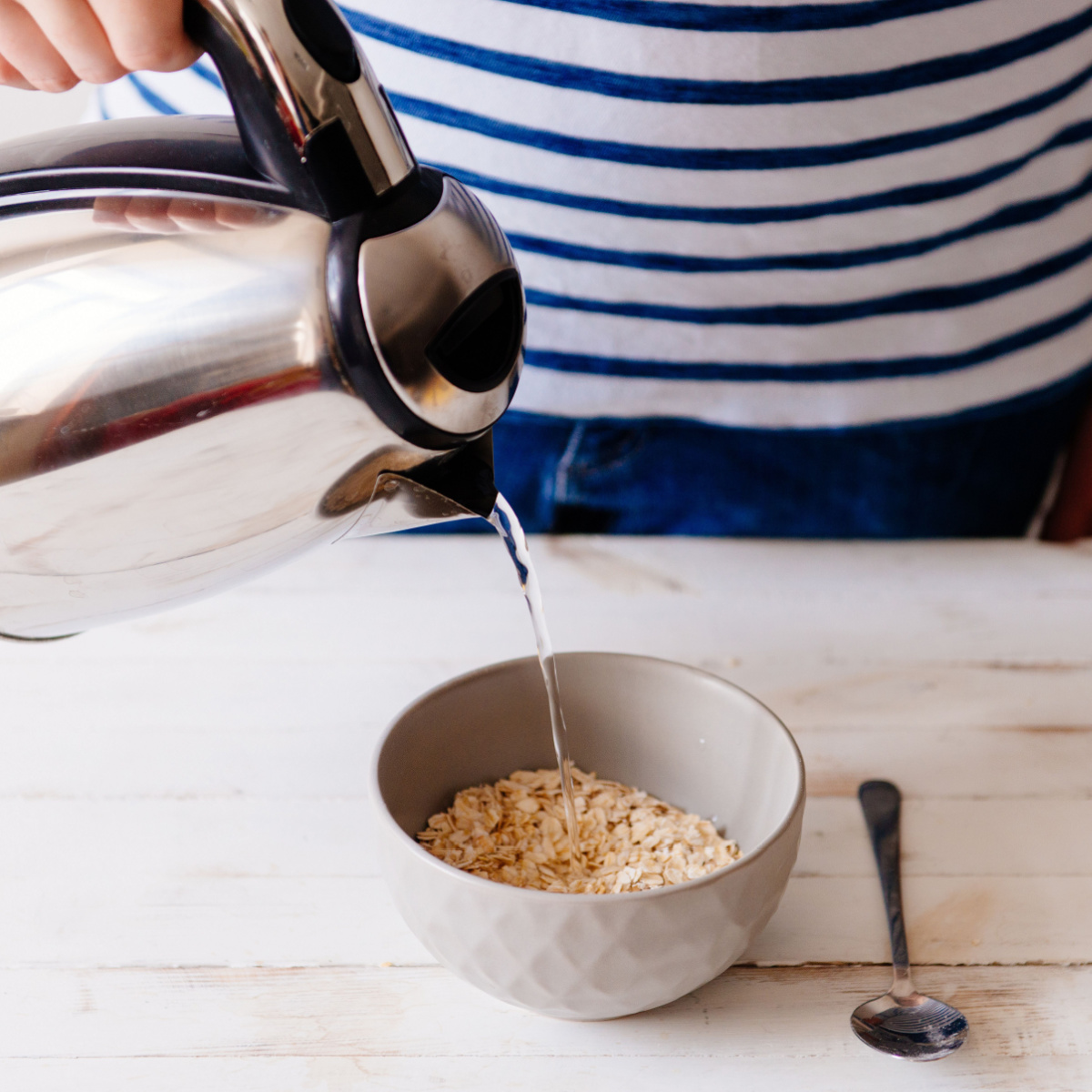
Healthier Alternative
Richards reiterates that by choosing plant-based milk, you may introduce extra calories into your diet, potentially conflicting with your dietary objectives, be it weight management or calorie control. However, there are always better alternatives you can choose from that won't get in the way of your weight loss plans.
"If you're trying to reduce unnecessary calories in your diet, using water in your oatmeal is a simple way to cut down on this calorie surplus, while still enjoying a wholesome and nutritious breakfast," she adds.
While oatmeal is a popular choice for a healthy breakfast, it's crucial to be mindful of the ingredients added to it, as they can significantly influence your efforts to combat abdominal fat. For those focused on calorie control and weight management, opting for water as a more calorie-friendly alternative in your oatmeal can help you enjoy a nutritious breakfast without hindering your fitness goals.


